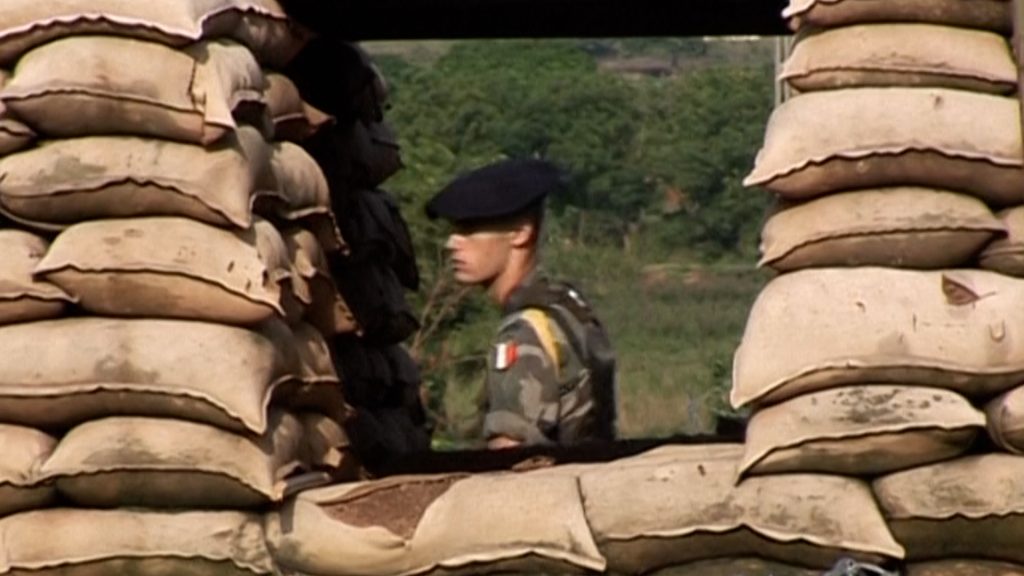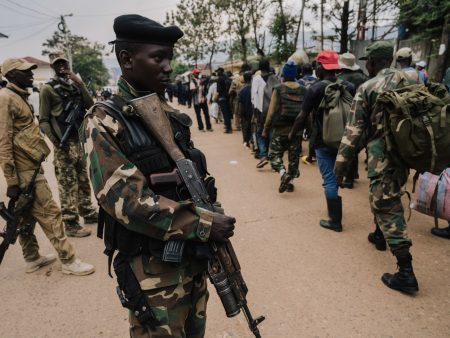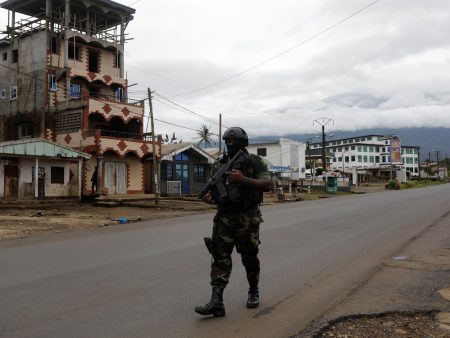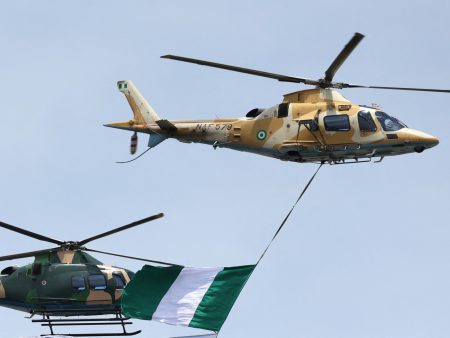The recent announcement by Ivorian President Alassane Ouattara, signaling the “organized withdrawal” of French troops from Ivory Coast, marks a significant turning point in the relationship between the two nations and adds another chapter to the evolving dynamics between France and its former African colonies. This decision, following similar moves by other African nations, reflects a growing sentiment across the continent aimed at reclaiming sovereignty and redefining partnerships with former colonial powers. Understanding the context of this decision requires delving into the historical ties between France and Ivory Coast, the evolution of French military presence in the region, and the complex interplay of political, economic, and security factors that have shaped this recent development.
France’s military presence in Ivory Coast, rooted in its colonial past, has long been a subject of debate and scrutiny. While initially framed as a stabilizing force, ensuring security and supporting the Ivorian government, the French military’s role has increasingly been perceived by some segments of the Ivorian population as a symbol of continued neocolonial influence. This perception has been fuelled by allegations of French interference in Ivorian internal affairs, accusations of supporting certain political factions, and a perceived lack of tangible benefits for the Ivorian people despite the long-standing military presence. The rise of nationalist sentiments, coupled with a desire for greater autonomy in security matters, has contributed to the growing pressure on the Ivorian government to reassess the terms of its military cooperation with France.
The decision to expel French troops also reflects a broader trend across West Africa, where several countries have taken similar steps in recent years. Mali, Burkina Faso, and the Central African Republic, among others, have all moved to terminate military agreements with France, citing similar concerns about neocolonialism and the perceived ineffectiveness of French counterterrorism efforts. This regional shift highlights a growing dissatisfaction with the traditional security architecture in the region and a desire for more independent and locally-driven security solutions. The rise of alternative security partnerships, particularly with Russia, further underscores this changing landscape and the search for new alliances that better align with the perceived needs and priorities of these African nations.
President Ouattara’s announcement of an “organized withdrawal” suggests a deliberate and managed process, aimed at minimizing disruption and ensuring a smooth transition. This phrasing also indicates a desire to maintain a diplomatic relationship with France, albeit one redefined on new terms. The specifics of the withdrawal, including timelines and the future of any remaining French assets or personnel, will be crucial aspects to observe in the coming months. It is likely that both countries will engage in negotiations to determine the modalities of the withdrawal and the future framework of their bilateral relations.
The implications of this decision extend beyond the immediate military sphere. The expulsion of French troops represents a significant symbolic break with the past and a reassertion of Ivorian sovereignty. It also presents both opportunities and challenges for Ivory Coast. The opportunity lies in the potential to develop a more independent security policy, strengthen regional partnerships, and diversify its international alliances. However, the challenges include the need to build capacity within its own armed forces, manage potential security vacuums, and navigate the complex geopolitical landscape in a region facing increasing instability.
The long-term consequences of this decision for both Ivory Coast and France remain to be seen. For Ivory Coast, it represents a bold step towards greater autonomy and control over its own destiny. For France, it signals a need for a fundamental reassessment of its relationship with its former African colonies. This re-evaluation must acknowledge the changing dynamics on the continent, respect the aspirations of African nations for self-determination, and move towards a more equitable and mutually beneficial partnership based on shared interests and respect for sovereignty. The future of Franco-African relations will depend on the ability of both sides to adapt to this new reality and forge a relationship that truly reflects the 21st-century context.









